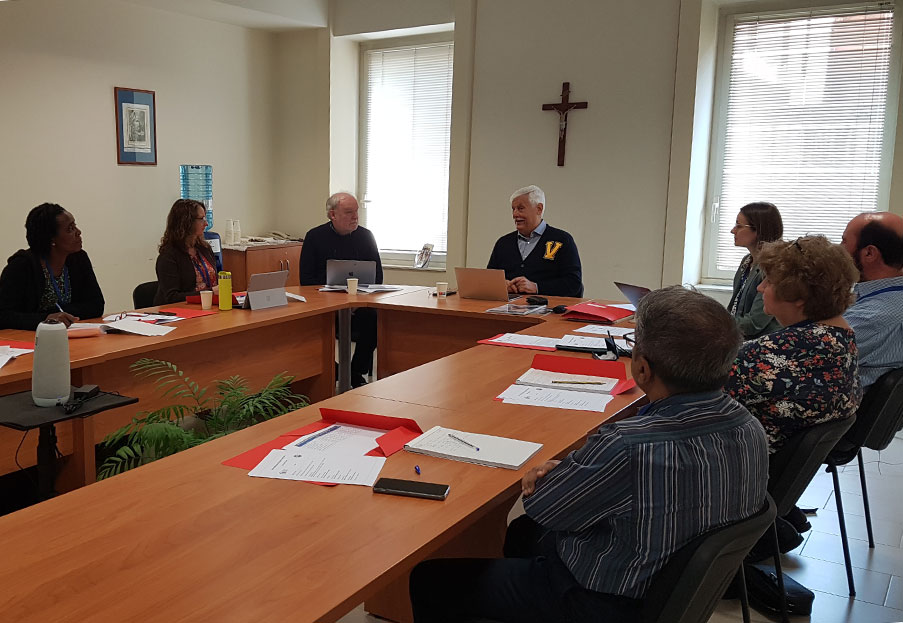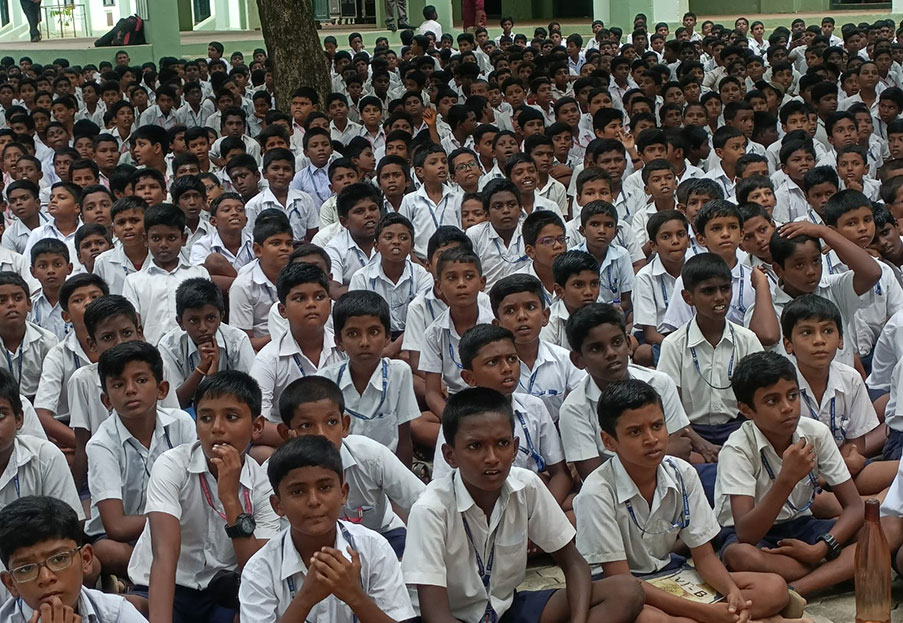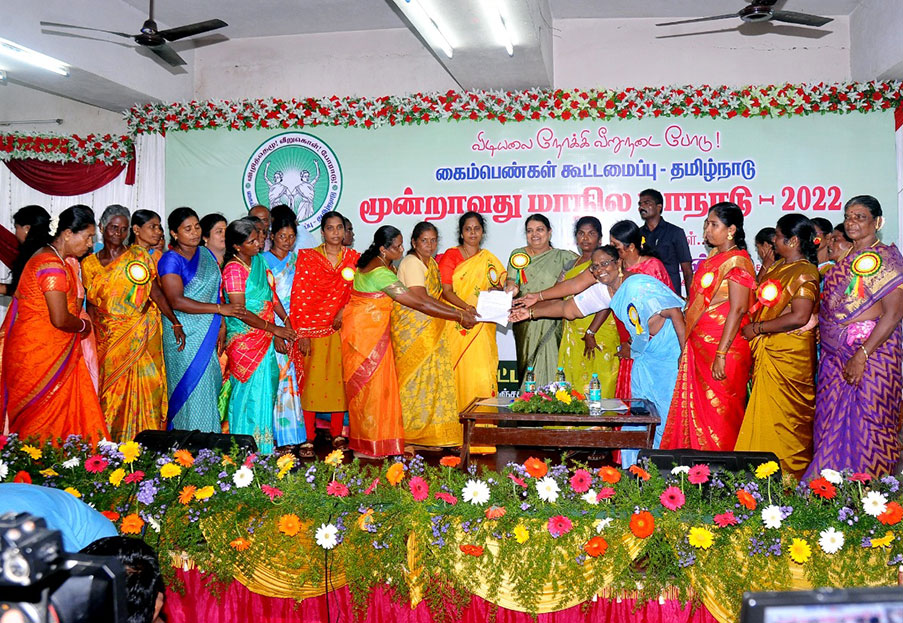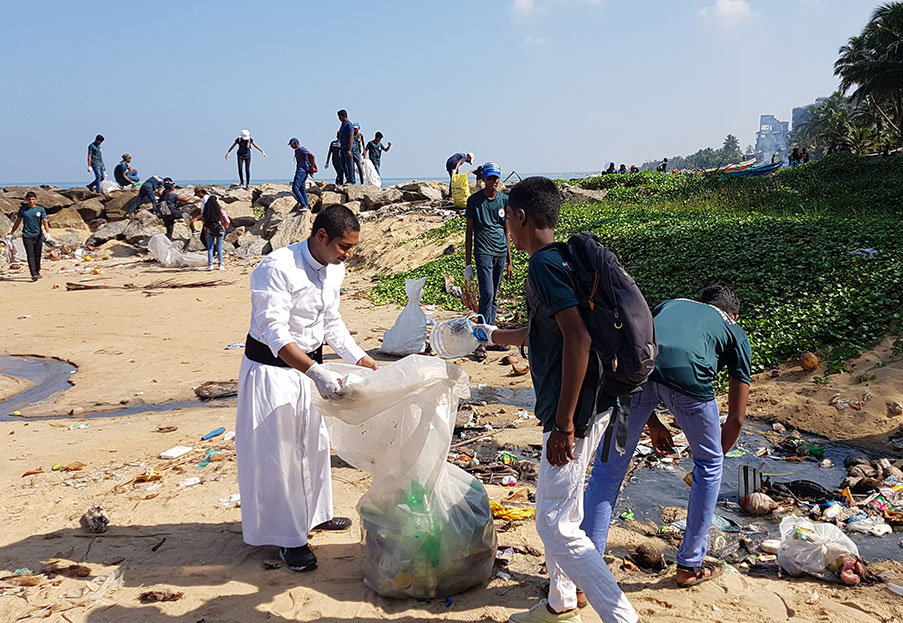Awakening, awareness, action, and care – The culture of safeguarding
Looking back to the past, no effort to beg pardon and to seek to repair the harm done will ever be sufficient. Looking ahead to the future, no effort must be spared to create a culture able to prevent such situations from happening, but also to prevent the possibility of their being covered up and perpetuated. The pain of the victims and their families is also our pain, and so it is urgent that we once more reaffirm our commitment to ensure the protection of minors and of vulnerable adults.
By John Guiney SJ and Michelle Hennessy - “Promoting a Consistent Culture
of Protection” (PCCP), a project of the Secretariat for Social Justice and
Ecology
[From "Jesuits 2021 - The Society of Jesus in the world"]
The call to conversion
This call from Pope Francis, is a call for
conversion. A conversion of minds in reaffirming our commitment to protection,
and a conversion of hearts in placing survivors and those at risk of harm at
the forefront of our protection efforts. As we face the challenge to eliminate
abuse, we need to understand and address the cultural factors within and
without the Church which enable and perpetuate it, and to humbly accompany
survivors on the long painful road to healing and reconciliation. To do this is
a matter of justice. GC 36 entrusted the promotion of a “consistent culture of
protection and safety for minors” within all communities and ministries of the
Society of Jesus to our Father General. In response, Fr. General established
the Promotion of a Consistent Culture of Protection (PCCP) project within the
Social Justice and Ecology Secretariat (SJES) in 2018.
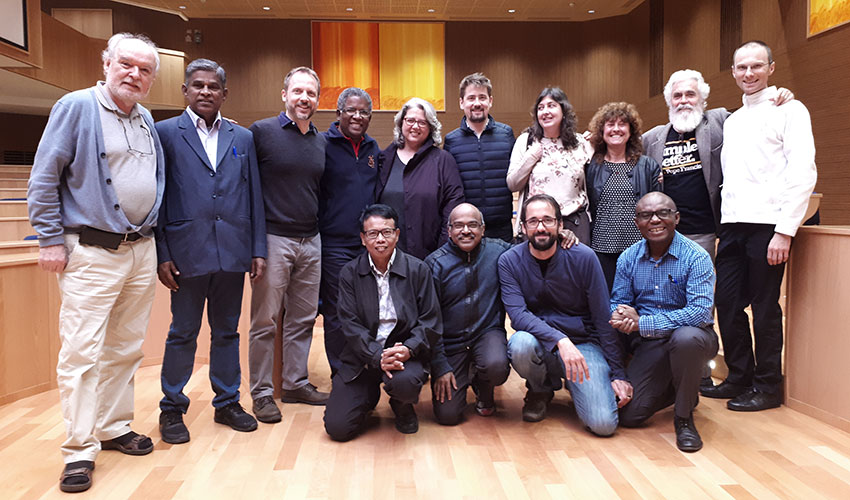
The call to listen to survivors
For too long the response of the Church was cloaked in silence, secrecy, and denial. This culture of secrecy, silence and avoidance in Church structures and personnel ignites the call to conversion, to inner renewal and understanding of the root causes of abuse. This understanding is important so that we prevent harm and respond with more compassion where abuse occurs. This happens when we listen to survivors. Hearing the voices and stories of survivors moves us to care and protect in a more diligent and effective way.
A cycle of awakening, awareness and action
The PCCP was established to map and assess the
culture of protection existing across the Society of Jesus globally today and
to identify opportunities to enhance and promote protection. The project
recognises that the provinces, regions, and apostolates of the Society of Jesus
are travelling the same road towards the implementation of robust policies of
protection. Some provinces are more advanced than others. For that reason, the
project views the situation in a similar way to the pastoral cycle. It
recognises a cycle of ongoing awakening, awareness, and action, where each of
these aspects may require greater emphasis at a certain point in time as the
protection response evolves. There is a recognition also that mere compliance
with a set of protective guidelines of the vulnerable is not sufficient, but a
commitment and conversion to accompany them in a truly Gospel way is needed. A
hopeful aspect of this approach is the reawakening and strengthening of
awareness of the need for ongoing systematic training and formation.
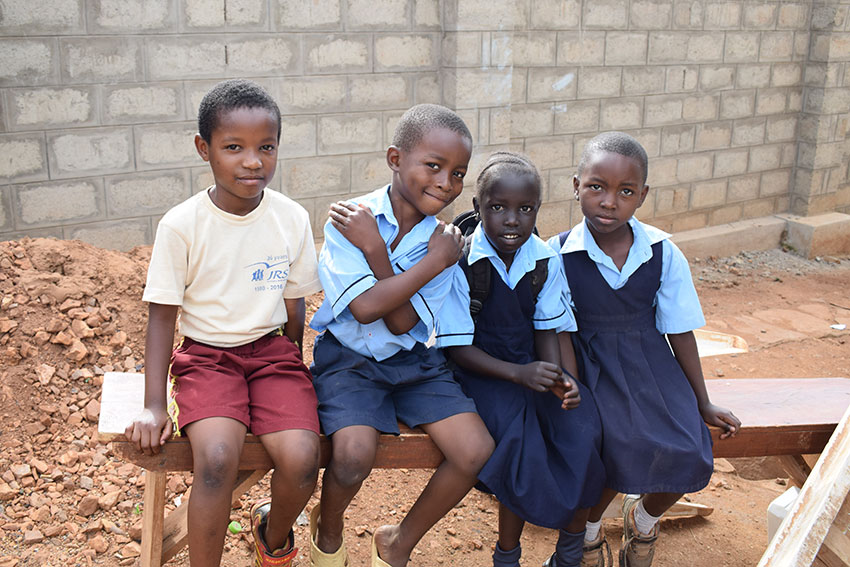
What are we learning?
The Society is making progress in understanding Jesuit responsibility, accountability, and transparency in relation to protection. The Universal Apostolic Preferences have created an opportunity to come together to prioritise care and protection – clearly articulated in the commitment to walk with the excluded and to eliminate all forms of abuse and exploitation. We are encouraged to accept responsibility for how we care for and relate to each other; that we are accountable to those we serve and focus on protecting the minor or survivor rather than the institution; and that we openly and transparently face and challenge issues of abuse. We have observed a healthy shift in recent times to a more survivor-centred approach, which emphasises action in relation to listening, accompanying and promoting justice.
In the initial stages of the project, it is also
emerging that an ongoing proactive and reflective approach is key in
effectively translating policies and guidelines into contextually relevant and
culturally sensitive practice. Although we are dealing with a global issue,
effective local responses are essential. This requires an understanding of
cultural factors that enable abuse of power, sex and conscience.
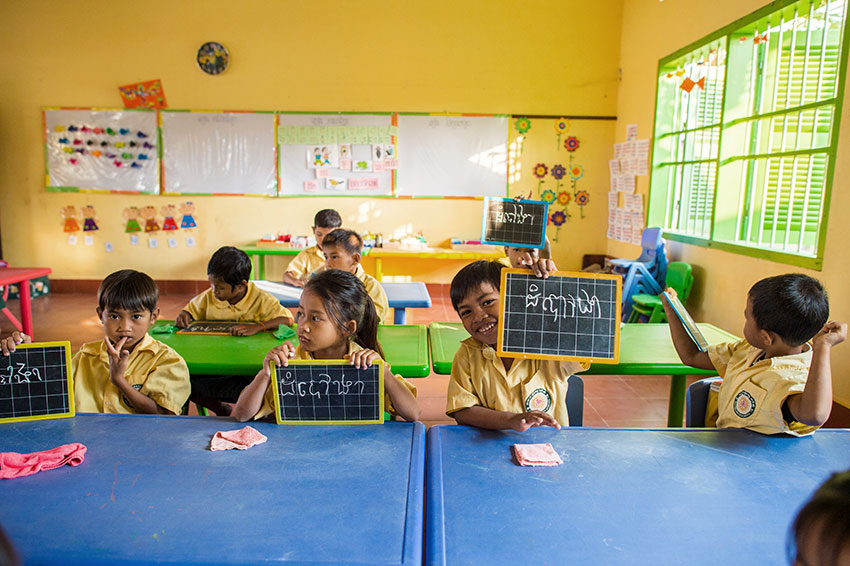
A new way of caring
The Apostolic Letter issued by Pope Francis in
March 2019 “On the Protection of Minors and Vulnerable Persons” speaks clearly
of a way of caring which calls for a change of heart in seeing, judging, and
acting. Those who report abuse are not enemies but friends in need of accompaniment
and care. In this way, we are invited - as Church and indeed as the Society of
Jesus - to walk a path of conversion. As articulated in 2019 the by theologian
Rita Ferrone in the magazine Commonweal,
we must “enter into a paschal experience, a death of an old way of being and
relating and resurrection to a new way of journeying with one another as
community and Church.”


